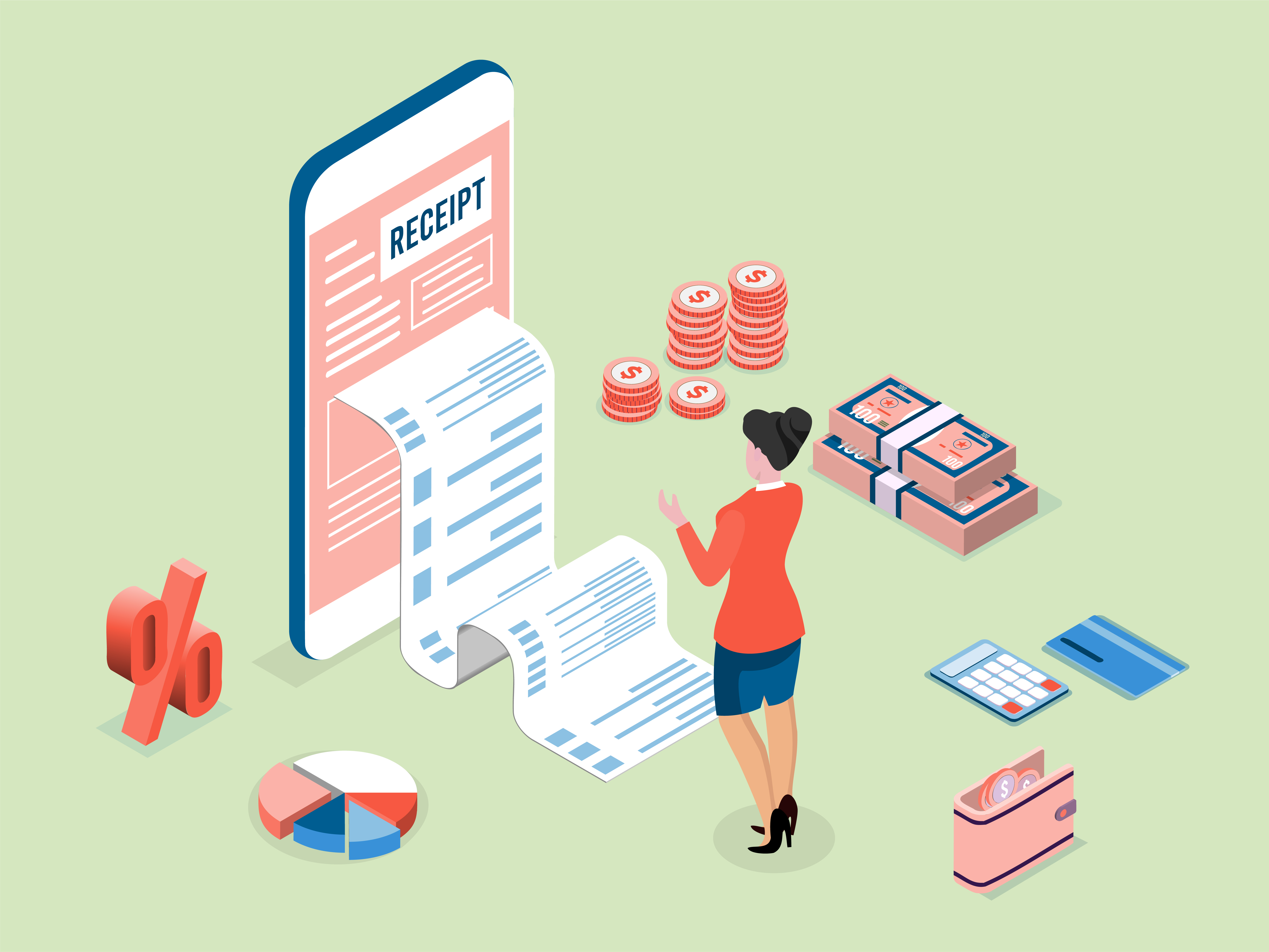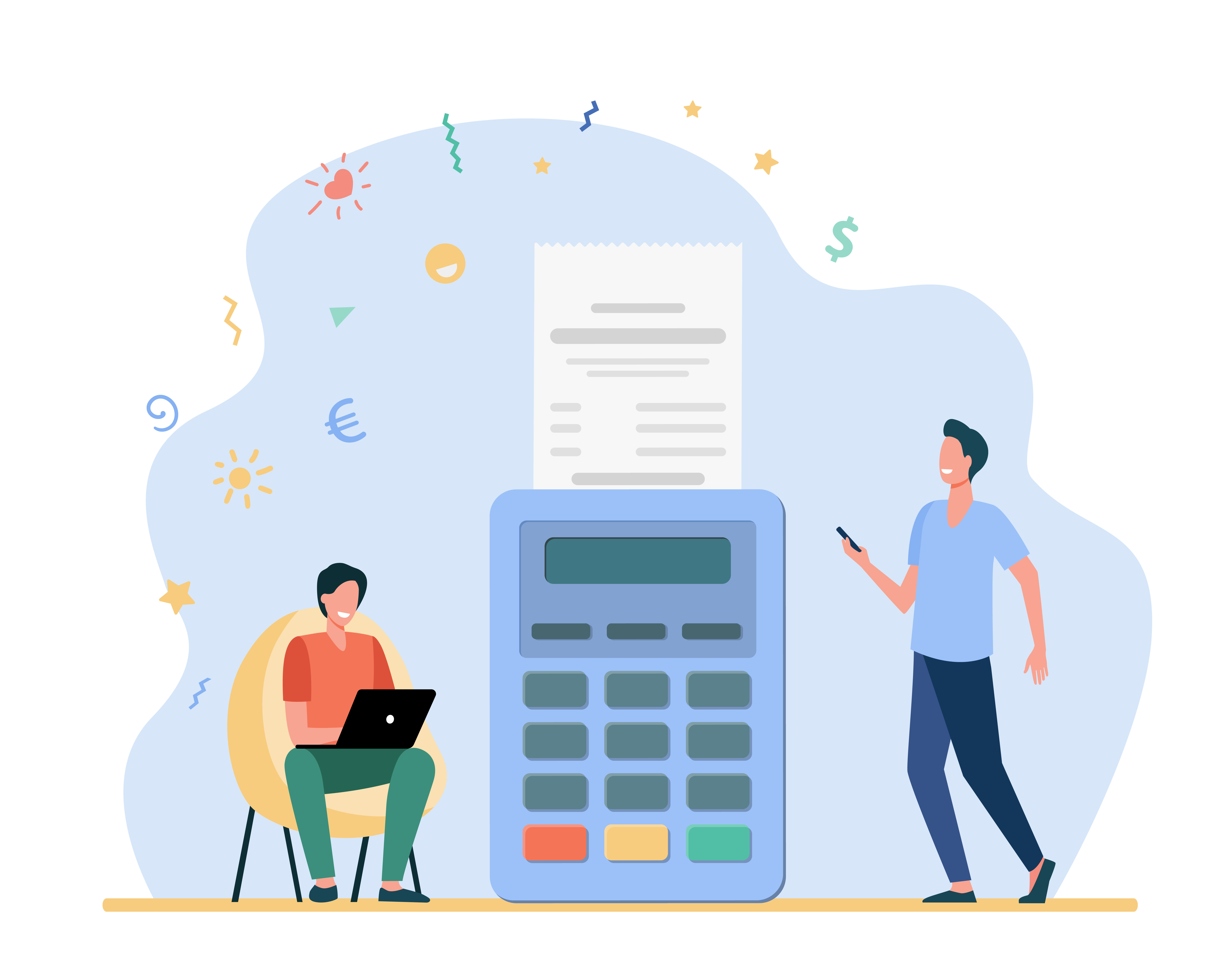Your Guide to Navigating the New GST Rules on e-invoicing
Incorporating e-invoicing into the GST framework has been a transformative step in India's
taxation landscape. As of August 2023, several categories of businesses can benefit immensely
from adopting e-invoicing
Let's explore who should consider implementing e-invoicing:
1. Mandatory E-Invoicing Threshold: Businesses with an aggregate turnover exceeding the specified threshold (as defined by the government) which is 5CR or more in a financial year “as of August 2023” are mandated to use e-invoicing. It's essential to stay updated on the latest threshold to ensure compliance.
2. Large Enterprises: Medium and large-sized enterprises should embrace e-invoicing to streamline their operations, enhance accuracy, and reduce the risk of errors. This technological advancement simplifies the invoicing process, making it more efficient and transparent.
3. Interstate Transactions: Businesses engaged in interstate transactions are recommended to adopt e-invoicing. The digital nature of e-invoices facilitates better tracking and monitoring, ensuring adherence to GST regulations across state borders.
4. Input Tax Credit (ITC) Optimization: E-invoicing helps optimize the ITC claim process by reducing discrepancies and mismatches. It enables real-time validation of invoices, which ensures that input tax credit is claimed accurately


5. Efficient Compliance: Businesses that aim to maintain seamless GST compliance should consider using e-invoicing. The system's automated validation helps prevent errors that could lead to compliance issues and penalties.
6. Supply Chain Integration: Companies involved in complex supply chains can benefit from e-invoicing's ability to streamline transactions. The automated flow of information across the supply chain enhances coordination and reduces processing time
7. High-Volume Transactions: Businesses dealing with high volumes of transactions can leverage e-invoicing's speed and accuracy. Manual invoicing processes can be time-consuming and error-prone, making e-invoicing a more efficient choice.
8. Tax Consultants and Professionals: Professionals providing tax-related services should embrace e-invoicing to stay aligned with their clients' needs. This ensures accurate advice and efficient handling of invoicing matters.

